The Spigot and the Spill
I took Dr. Michael Carlie’s Introduction to the Justice System class in the Spring of 2001. We learned about gang influence, prison life and culture, and the societal issues that can cause criminal behavior. I found the class engaging and fascinating. One idea that Dr. Carlie discussed has stuck with me for more than 20 years: the Spigot and the Spill.
Picture water pouring from an open spigot all over the floor. To prevent flooding, you can either mop up the spill or turn off the spigot. The spigot represents the cause of the problem, and the spill represents the impact. You can address the issue at the source by turning off the spigot, or spend time and energy mopping up the water. Most of us would rush to turn off the spigot so no more water is released and then mop up the water.
While it seems common sense to turn off the spigot (address the root cause of the problem) and then address the spilled water (impact), this isn’t how our society works.
Rather than doing meaningful research to identify and address the causes of gun violence, we spend time running active shooter drills and building collapsible gun shelters for our classrooms.
Instead of dealing with poverty, homelessness, and mental health issues, we slap a “criminal” label on people and lock them up in inhumane and punitive environments until they “pay their debt to society.”
In place of tackling the overwhelming list of tasks we place on our teachers, causing them to burn out, we shame them and look for other, questionable ways to get more people to teach – regardless of their training and educational experience.
Rather than addressing rape, domestic abuse, and men who choose to abandon their responsibilities to their children, we block women from obtaining the healthcare they need, blame the victims of rape because they were “asking for it,” and shame the single mothers who do the best they can to provide for their children. Instead of helping them, we label them with derogatory sexual terms and refer to them as leeches on our economic system for using welfare and WIC to feed their children.
As a nation, we have stopped working to turn off the spigot and instead spend our time wiping at the edges of the water with a rotting sponge. Or worse, we kick the problem down the road and ignore the water pouring across the floor. We waste time and resources dealing with the aftermath of our problems rather than confronting them, and we have so many issues that we can’t sufficiently address them all anymore. If we don’t change our ways soon and address our societal problems with more than thoughts and prayers, we will drown in the flood.


 © 2024 Catherine Haslag, All Rights Reserved
© 2024 Catherine Haslag, All Rights Reserved © 2024 Catherine Haslag, All Rights Reserved
© 2024 Catherine Haslag, All Rights Reserved